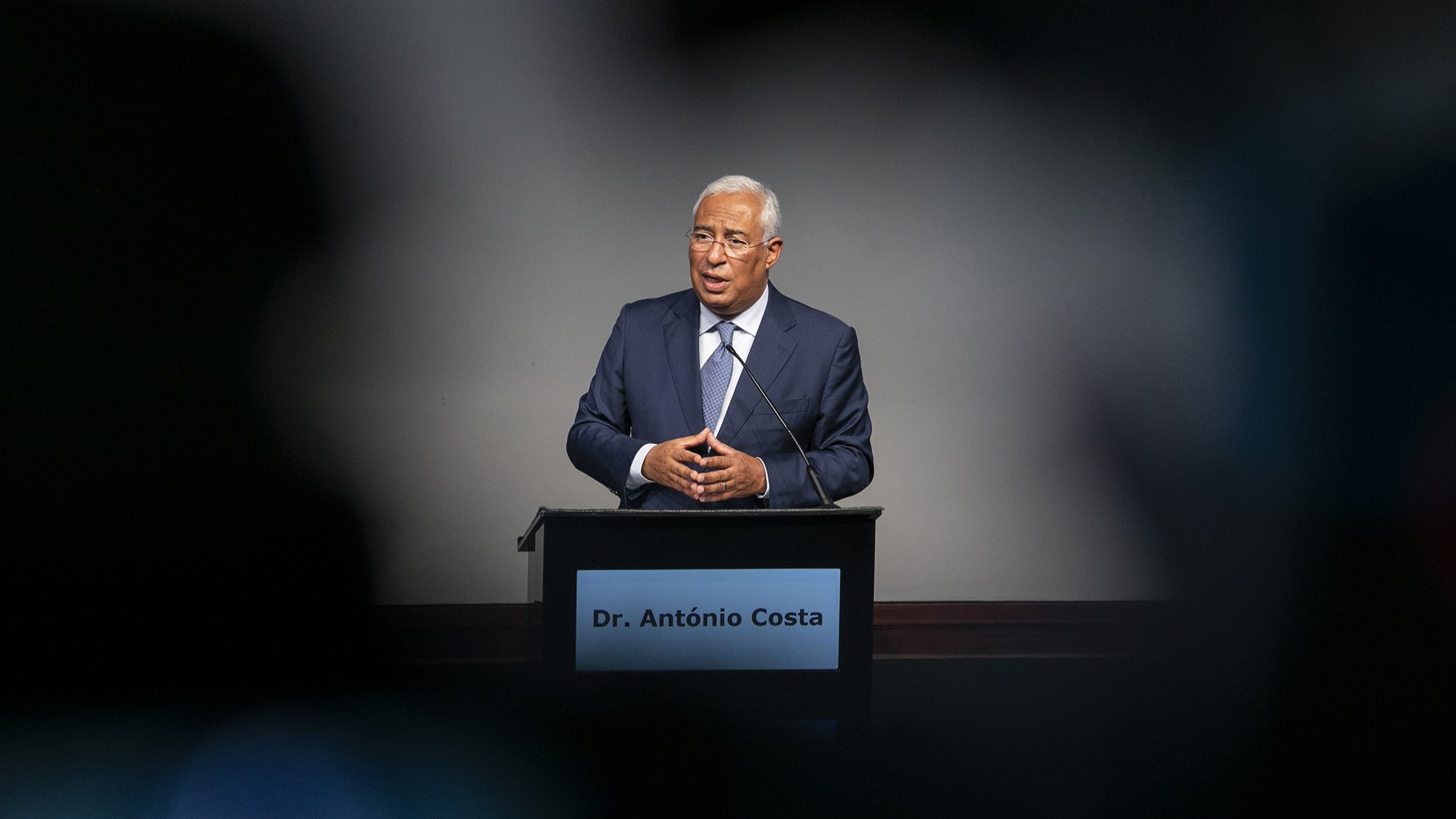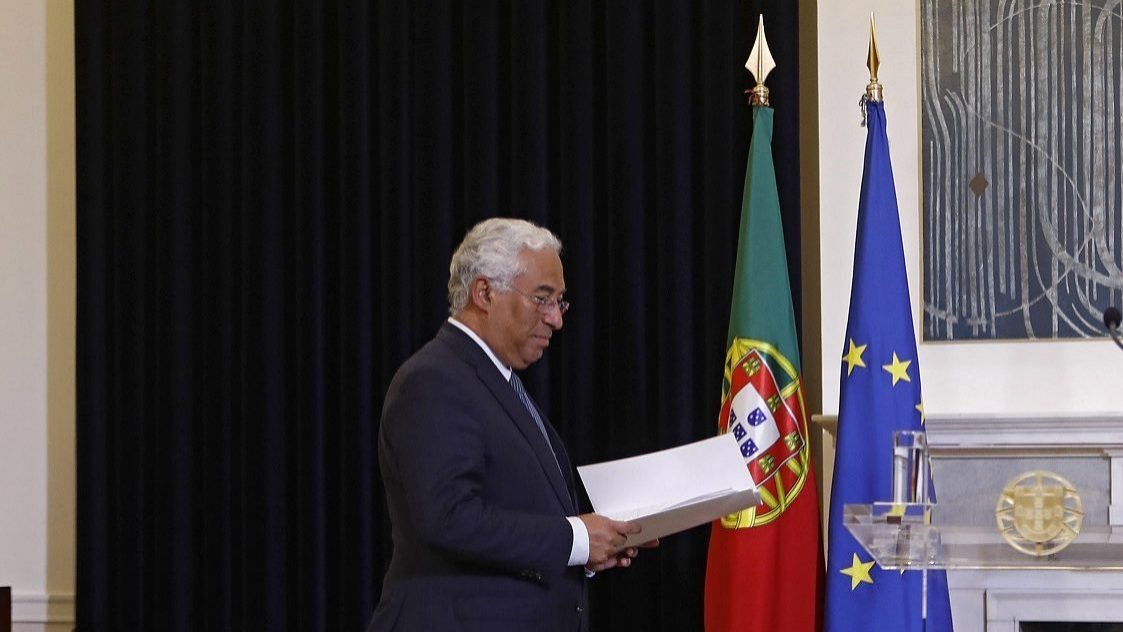Social Summit: Vaccination on track, time to repair social fabric – Von der Leyen
"As vaccination is well on track, as we return to our normal lives, it’s time to mend our social fabric, damaged by the crisis," Ursula von der Leyen wrote this Friday on Twitter.
European Commission President Ursula von der Leyen said on Friday that with vaccination well on track, it was time to repair the social fabric of the European Union (EU), thanking the Portuguese presidency of the Council for organising the Social Summit.
“As vaccination is well on track, as we return to our normal lives, it’s time to mend our social fabric, damaged by the crisis,” Ursula von der Leyen wrote on Twitter.
Ursula von der Leyen, who is in Porto to attend the Social Summit organised by the Portuguese presidency of the Council of the EU, added that European leaders are meeting today “to build a strong social Europe.”
Ursula von der Leyen also thanked António Costa for hosting the Social Summit.
Tweet from @vonderleyen
The Social Summit is being held today in Porto with 24 of the 27 heads of state and government of the European Union gathered to define Europe’s social agenda for the next decade.
Also present at the event, which will be held online and in-person at Alfândega do Porto, are the presidents of the European Parliament, David Sassoli, of the European Council, Charles Michel, and of the European Commission, Ursula von der Leyen, as well as the Commission’s executive vice-presidents Margrethe Vestager and Valdis Dombrovskis, high representative Josep Borrell and commissioners Elisa Ferreira, Mariya Gabriel and Nicolas Schmit, in addition to other political and institutional leaders, social partners and civil society.
Defined by the Portuguese presidency as the high point of the semester, the Social Summit has at the heart of its agenda the action plan of the European Pillar of Social Rights, presented by the European Commission in March, which foresees three major goals for 2030: having at least 78% of the population in employment, 60% of workers receiving training annually and removing 15 million people, five million of whom are children, at risk of poverty and social exclusion.


